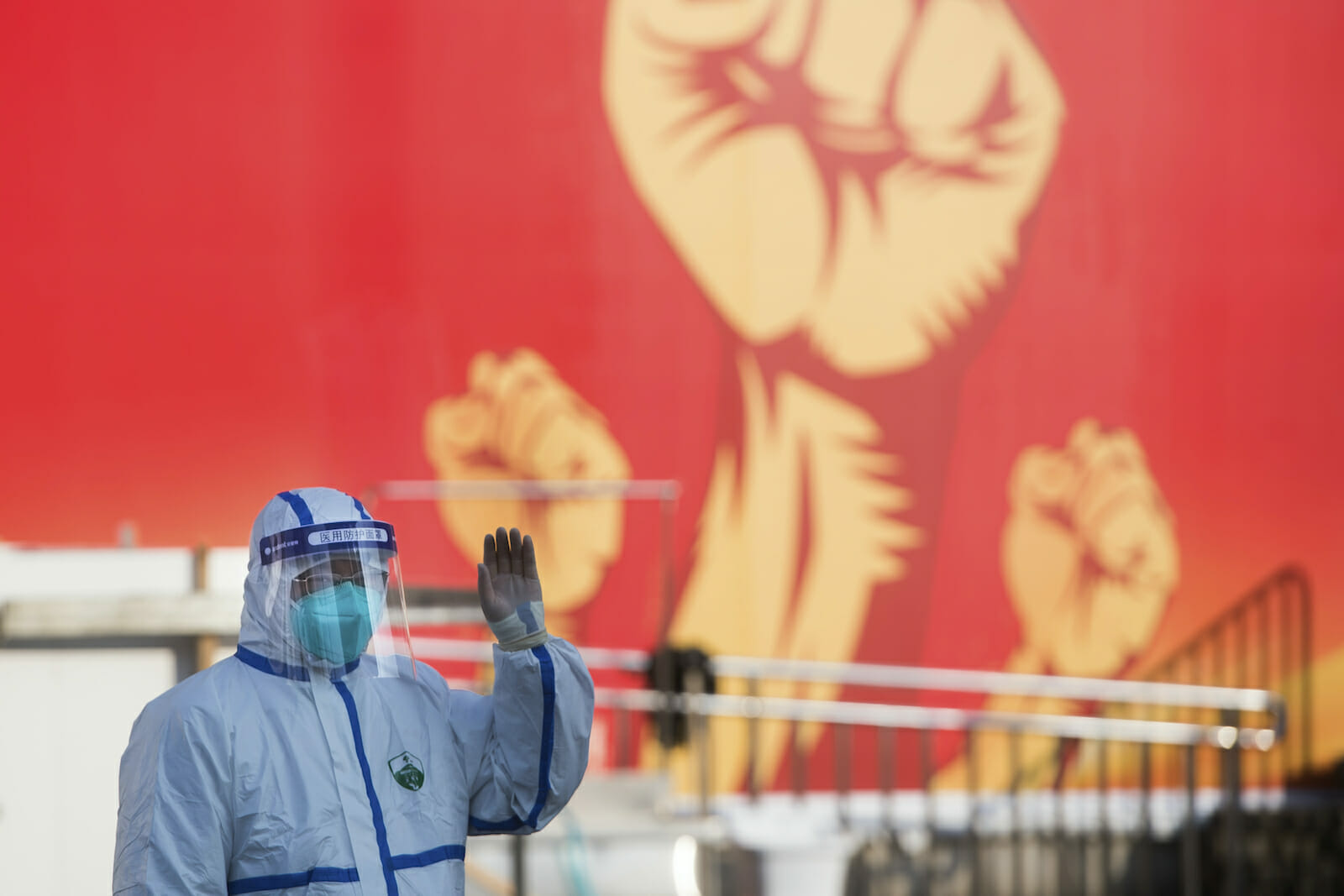
What China can Gain from the COVID-19 Crisis
The ongoing COVID-19 crisis is a black swan not only for China, but also for the entire world. It came as a surprise and has severe consequences. The virus has affected the economies of many countries, particularly China.
However, it is debatable whether China or its Communist Party has reached a turning point.
The COVID-19 crisis provides a rare opportunity for the Chinese government to reflect. China could turn the crisis into an opportunity.
Firstly, the COVID-19 virus is a real test. According to Xi Jinping, China’s president, the COVID-19 pandemic is “the fastest spread, the widest range of infections, and the most difficult prevention and control in China” since the establishment of the Communist Party. According to him, “this is a crisis for us and it is a big test.”
Currently, it is still early to asses China’s success in containing the virus, but the entire nation has been educated on reducing the risk of catching the virus. Despite the mass hysteria, the Chinese government has demonstrated its incredible resilience, adaptability, resourcefulness, and self-reliance in responding to the virus.
Secondly, the COVID-19 crisis is a precious catalyst. Despite China’s shortcomings in responding to the virus, it has taken significant measures to prevent the reoccurrence of such a crisis.
China improved its health crisis response system and strengthened its healthcare system. The National People’s Congress, China’s national legislature, passed a fast-tracked decision to ban the trade and eating of wild animals. China will also pass biosecurity law legislation to safeguard its national security.
Last but not least, the COVID-19 crisis is a rare touchstone. First, it is a touchstone of China’s influence. When China coughs, the rest of the world catches a cold. This crisis has vividly displayed China’s important role within the global value chain and its influential purchasing power. When China simply stops producing and buying, many other countries suffer significantly. This proves the Chinese vision of a “community of shared destiny for humanity.”
Further, it is a touchstone of effective governance. China’s so-called “Leninist” polity was severely criticized when the pandemic broke out in China. Now, outbreaks are occurring globally.
Dr. Bruce Aylward, who led the World Health Organization team to China, stressed that China’s response could be replicated, but it will require speed, money, imagination and political courage. Then, we will see if other, especially democratic countries, could handle the crises much better than China.
Third, the crisis is a touchstone of bilateral relations. Although there are no permanent friends or permanent enemies—only permanent interests— the Chinese people traditionally, including President Xi believes that “a friend in need is a friend indeed” (huànnàn jiàn zhēnqíng). Therefore, the COVID-19 crisis has delicately modified China’s perceptions of many other countries and may have a profound impact on its future foreign policies.
The old but popular Chinese saying, “much distress regenerates a nation” (duōnàn xīngbāng) reveals both China’s strength and weakness. China is good at coping with crises as Chinese society often becomes resilient and united, but it lacks the ability to prevent a crisis. This is why the Chinese nation has been able to overcome much adversity in history, but similar tragedies may repeat.
China has forgotten the painful lessons of the SARS crisis in 2003. Whether the bitter gains of the tragic COVID-19 virus can last much longer in China only time can tell.
